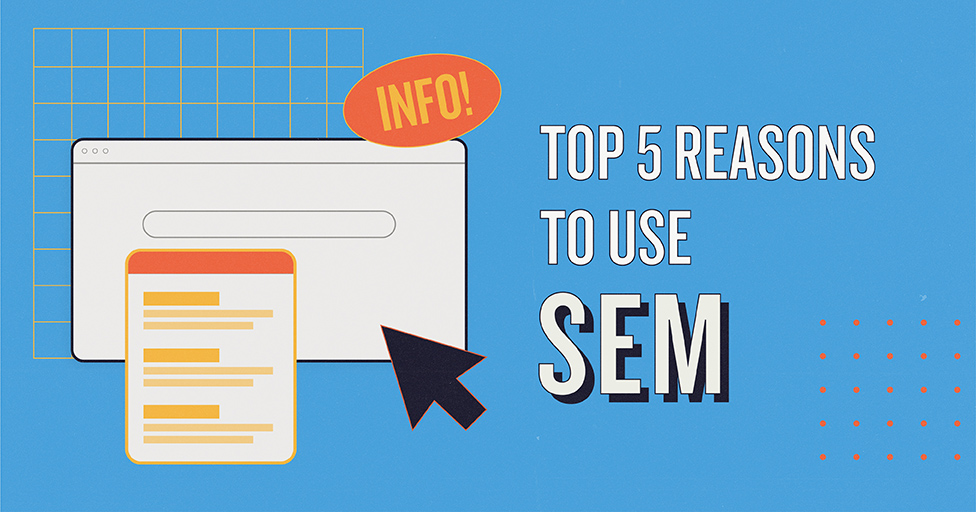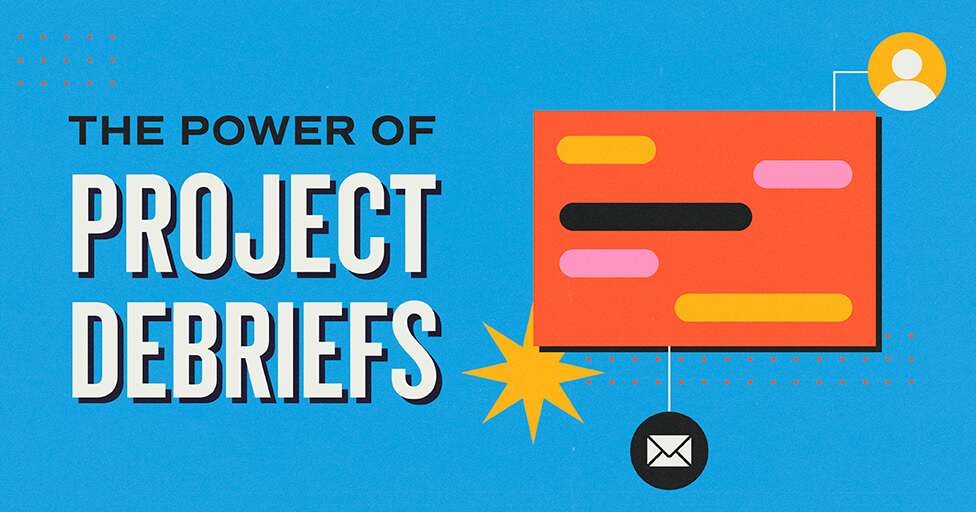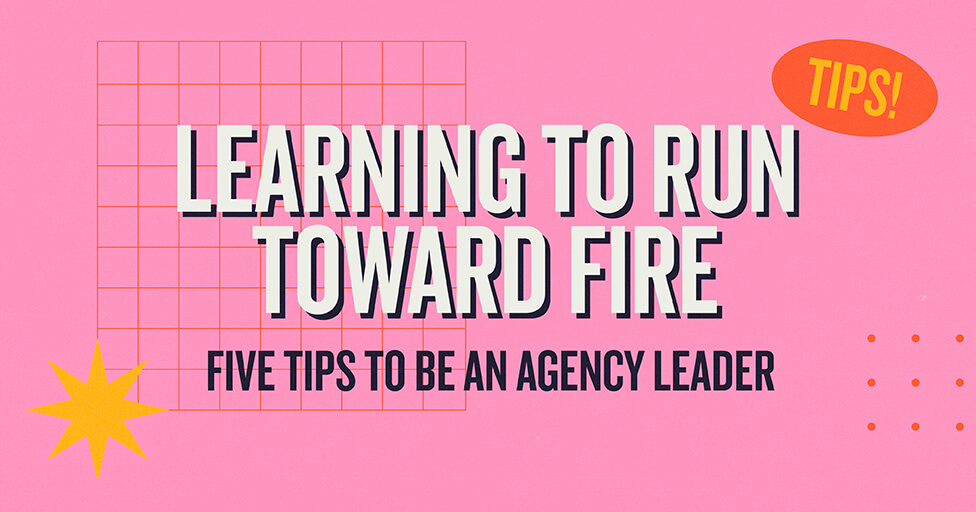
With more than 8.5 billion Google searches performed each day, most companies and nonprofits understand the importance of showing up for relevant search queries. There are a few different ways to increase a website’s visibility in search results, most notably search engine optimization (SEO) and search engine marketing (SEM or paid search). SEO focuses on strategies to increase organic rankings and SEM uses paid advertising to display websites in search results. While both are critical assets to any digital marketing plan, paid search has its own set of advantages that are worth discussing. There are a few different paid search platforms available, but Google Ads, formerly Google AdWords, is the most popular with about 92% of the market share. We have put together a list of our favorite advantages of paid search campaigns and some helpful tips for conducting them.
Extremely Targeted.

Whether the goal is to increase awareness of a new service, sell more products, or expand an email-marketing list, paid search can play an important role in accomplishing business goals. Within Google Ads, your campaign manager can research the terms used to find your products or services and bid on those keywords. We recommend starting out with 15-25 keywords so you’re able to see how each performs before making any changes. There are also a variety of ad-targeting tools available that allow for very granular targeting, such as targeting by location, device, language, time of day, and even previous web visits.
In addition, paid search is different than many traditional marketing channels because it allows potential customers to come to you as they’re seeking out the specific product or service you provide.
Quick to Execute.

Contrary to SEO, you’re able to see results with paid search in a very short timeframe. An SEO strategy can often take months to increase visibility in search (if you’re looking for SEO tips, check out our approaches to writing your website), whereas paid search allows you to show up immediately for the keywords you want to target.
In addition, it takes only a few hours to get an effective paid search campaign up and running in Google Ads. There are no creative assets to design or upload. Though campaigns are quick to set up, they do require long-term care. It is critical that campaigns are monitored and optimized to ensure performance long term.
How PPC and SEO work together.

As we stated above, paid search can be launched quickly. Because of this, not only can you get a campaign off the ground fast, but you can also see users search queries to find keywords you may have not thought about for long-term SEO efforts.
Here we can use PPC to maximize real estate in SERPs, which increases trustworthiness and credibility; create brand awareness while being cognizant of our organic SEO campaigns; and use PPC to reengage customers who have already visited the site via retargeting.
Flexibility to Optimize.

Another great advantage of paid search is the flexibility to make optimizations. Every aspect of the ad can be controlled: keywords, ad copy, ad extensions, and the landing page used for the ad.
Based on data in the account, your campaign manager is able to determine what’s working and what’s not. For instance, say one keyword is much more expensive than the rest, but users brought in with that keyword aren’t engaging with the site well. This keyword can be turned off or the bid can be decreased to focus on keywords that will bring engaged traffic to the site. These types of optimizations can also be applied to different ad copy, different landing pages, etc. There are many different A/B testing options available in Google Ads.
Cost Effective.

With Google Ads, you’ll pay only when someone clicks on your ad, which means no wasted money spent on impressions for users who won’t actually engage with your ad. Another great benefit of paid search is that there is no minimum spending requirement, unlike some other digital advertising platforms. If you’re a smaller company trying to manage a minimal budget effectively, paid search could be a great option.
With that said, we often see a higher cost per click associated with paid search campaigns in comparison to display ads. However, since users are seeking out information relevant to your ad in search engine results, there’s generally a higher level of engagement. Each company has different needs, so it’s important to take that into account when determining the best digital marketing strategy for you.
Bonus Point – Measurable Results.

One of our favorite things about digital marketing is being able to deliver the data to back up our efforts. Google Ads is no exception to this, as it allows you to measure results for each ad, each keyword, and even each user. Connecting your campaigns with a Google Analytics account helps determine what’s working and what’s not working in a search campaign.
The MBB team frequently creates goals in Google Analytics for our clients, which can then be pulled into Google Ads to help understand campaign performance. We’re able to track specific goals (form completions, page visits, etc.) and determine performance by each variable.
Since beginning a paid search campaign requires only minimal time and cost, we definitely recommend exploring it as an option for your business or nonprofit. If you are a nonprofit organization, you may be eligible for Google Ad Grants, which is a program that gives free advertising dollars to nonprofits. You can learn more about Google Ad Grants here. If you have any questions about running a paid search campaign or would like help with a campaign you’re already running, let’s chat!
You may also be interested in the following search posts:
Subscribe to our newsletter
Get our insights and perspectives delivered to your inbox.


